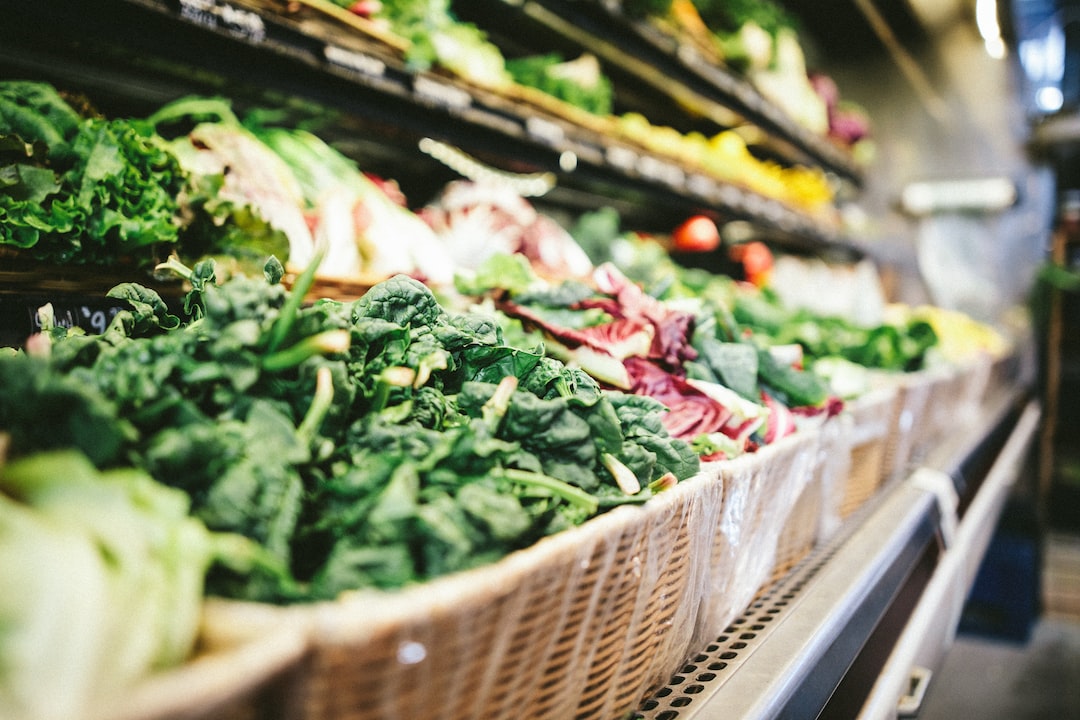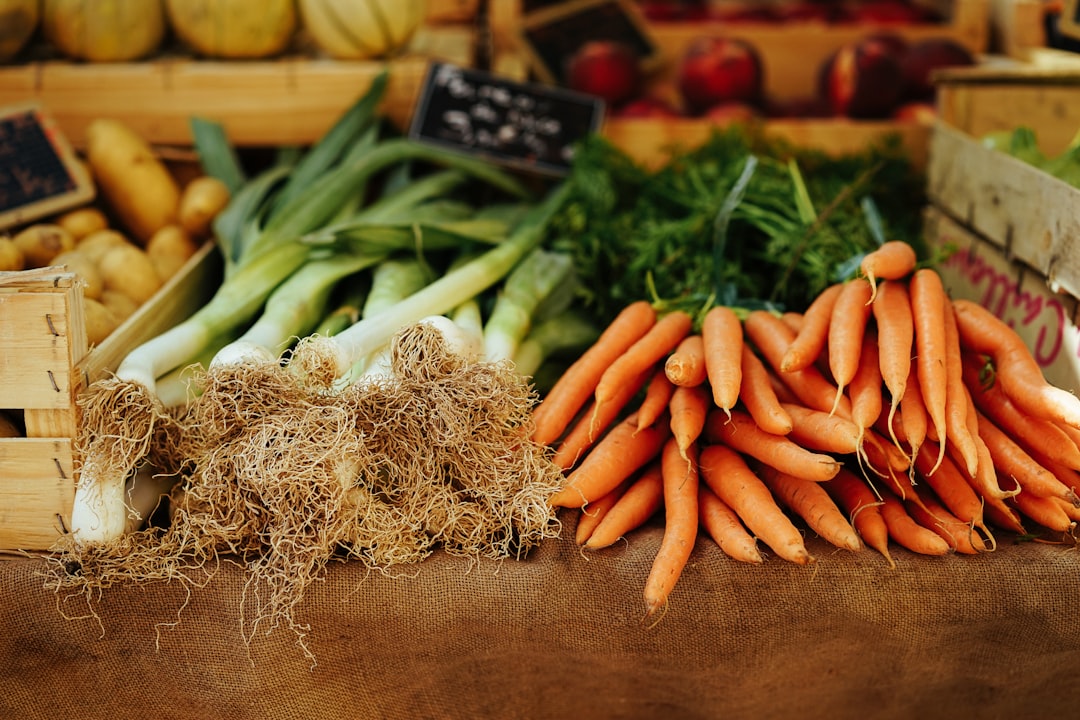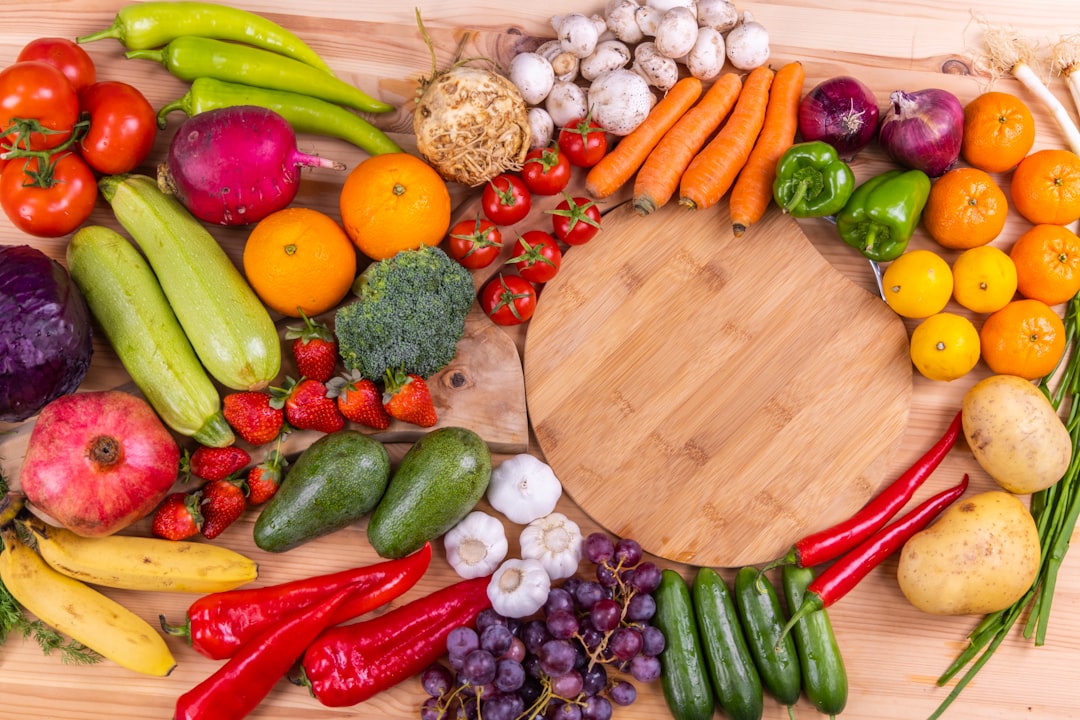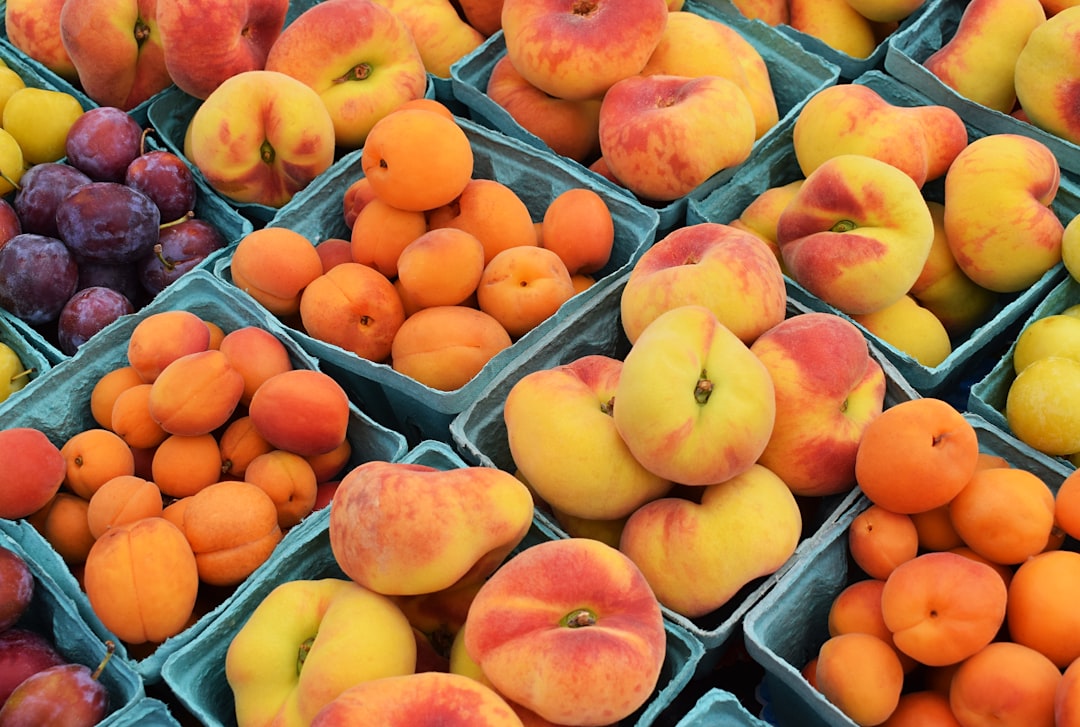As we all know, nutrition is a crucial aspect of our overall health and well-being. Consuming a balanced diet that includes all the necessary nutrients is essential to maintaining a healthy lifestyle. However, with the rising cost of groceries, it can be challenging to prioritize nutrition while also sticking to a budget.
According to the United States Department of Agriculture, the cost of food has increased by 2.6% over the past year. This increase is due to a variety of factors, including transportation costs, weather conditions, and supply chain disruptions. Unfortunately, this increase in food prices has made it difficult for many families to afford nutritious foods, leading to an increase in food insecurity and poor health outcomes.
It is crucial to understand that prioritizing nutrition does not have to mean breaking the bank. There are several strategies that you can implement to save money on groceries while still consuming a healthy and balanced diet. In this blog post, we will discuss some of these strategies in detail and provide you with practical tips to help you save money on groceries without sacrificing nutrition. So, let’s dive in!
Plan your meals
Planning your meals is a crucial step in saving money on groceries while also ensuring that you are getting the proper nutrition your body needs. Creating a weekly meal plan and grocery list can help you avoid impulse purchases and wasted food, which can add up over time.
First, take some time to plan out your meals for the week. Consider what ingredients you already have on hand and what meals you can make with them. Look for recipes that use similar ingredients to reduce waste and save money. You can also plan to make larger batches of meals and freeze leftovers for later in the week or month.
Once you have your meals planned out, create a grocery list based on the ingredients you need. Stick to your list while shopping to avoid buying unnecessary items. This can also help you avoid the temptation of buying unhealthy snacks or processed foods.
Meal planning and grocery lists can also help you stay organized and save time in the long run. By planning ahead, you can avoid the stress of trying to figure out what to make for dinner each night and rushing to the store last minute.
In addition to saving money and time, meal planning can also help you make healthier choices. By planning out your meals, you can ensure that you are getting a balanced diet with all the necessary nutrients your body needs.
Overall, meal planning and grocery lists are an essential tool in saving money on groceries while also prioritizing nutrition. Take some time each week to plan out your meals and create a grocery list, and you’ll be on your way to a healthier and more budget-friendly lifestyle.
First, take some time to plan out your meals for the week.
Shop Sales and Use Coupons
When it comes to saving money on groceries, one of the most effective strategies is to shop sales and use coupons. By taking advantage of weekly ads and coupons, you can save money on items you already need without sacrificing nutrition. Here are some tips to help you make the most of this strategy:
- Check weekly ads: Before you head to the grocery store, take a few minutes to check the weekly ads for the stores in your area. Look for deals on items you regularly use, such as meat, dairy, and produce. If you find a good deal, consider planning your meals around those items for the week.
- Use coupons: In addition to checking weekly ads, be sure to clip and use coupons for items you need. Many grocery stores offer digital coupons that you can load onto your store loyalty card, making it easy to save money without having to clip physical coupons.
- Stack coupons: To maximize your savings, look for opportunities to stack coupons. For example, if you have a manufacturer’s coupon for a specific product, check to see if the store offers a store coupon for the same item. By using both coupons together, you can save even more money.
- Be mindful of expiration dates: When using coupons, be sure to check the expiration dates and use them before they expire. Otherwise, you’ll miss out on the savings.
By shopping sales and using coupons, you can save a significant amount of money on your grocery bill without sacrificing nutrition. Plus, by planning your meals around the items that are on sale, you’ll be able to avoid impulse purchases and reduce food waste. So the next time you’re at the grocery store, be sure to check the weekly ads and clip those coupons to start saving money on your groceries.
If you find a good deal, consider planning your meals around those items for the week.
Buy in Bulk to Save Money in the Long Run
When it comes to saving money on groceries, buying in bulk is a tried and true method. Purchasing non-perishable items in bulk can save you money in the long run. Buying in bulk means that you are purchasing a larger quantity of a product at a lower price per unit. This can lead to significant savings over time.
One of the biggest advantages of buying in bulk is that it allows you to stock up on items that you use frequently. For example, if you use a lot of rice or pasta in your cooking, buying these items in bulk can save you money in the long run. You can also buy other non-perishable items in bulk, such as canned goods, cereal, and snacks.
Another advantage of buying in bulk is that it can reduce the number of trips you need to make to the grocery store. This can save you time and money on transportation costs. It can also help you avoid impulse purchases, as you will have a better idea of what you need and what you have on hand.
It’s important to note that buying in bulk isn’t always the best option. Some items, such as fresh produce and meat, are not suitable for bulk purchases as they have a shorter shelf life. However, for non-perishable items, buying in bulk can be a great way to save money.
When buying in bulk, it’s important to make sure that you have enough storage space for the items you are purchasing. You should also make sure that you are buying items that you will actually use. Buying in bulk can be a waste of money if you end up throwing away unused items.
Buying in bulk is a great way to save money on non-perishable items. It allows you to stock up on items you use frequently and can save you time and money on transportation costs. Just make sure that you have enough storage space and that you are buying items that you will actually use. By incorporating this tip into your grocery shopping routine, you can prioritize nutrition while also saving money.
One of the biggest advantages of buying in bulk is that it allows you to stock up on items that you use frequently.
Choose Generic Brands
When it comes to grocery shopping, many people opt for name-brand items out of habit or perceived quality. However, generic brands can often provide the same nutritional value for a lower cost. In fact, many generic brands are produced by the same manufacturers as their name-brand counterparts, with only the packaging and labeling differing.
One study found that on average, generic brands were 27% cheaper than name brands for the same products. That can add up to significant savings over time, especially for staple items like bread, pasta, and canned goods.
Another benefit of choosing generic brands is that they often have fewer additives and preservatives than name brands. This is because generic brands don’t have to spend as much on marketing and advertising, so they can focus on producing a quality product at a lower cost.
Of course, there may be some items where you prefer the taste or quality of a specific name brand. However, it’s worth experimenting with generic brands to see if you can find a more affordable option that meets your needs.
When shopping for generic brands, be sure to compare the nutritional information and ingredients to the name-brand version to ensure you’re getting a comparable product. And don’t be afraid to try different stores or brands to find the best deals and quality.
In summary, choosing generic brands can be a smart way to save money on groceries without sacrificing nutritional value. By being open to trying new options and comparing prices, you can make informed choices that benefit both your wallet and your health.
When shopping for generic brands, be sure to compare the nutritional information and ingredients to the name-brand version to ensure you’re getting a comparable product.
Utilize Frozen and Canned Foods
When it comes to maintaining a healthy diet on a budget, frozen and canned foods can be a game-changer. Many people assume that fresh produce is always the best option, but that’s not necessarily true. In fact, frozen and canned fruits and vegetables are often just as nutritious as their fresh counterparts, and they can be much cheaper.
One of the biggest advantages of frozen and canned foods is that they have a longer shelf life than fresh produce. This means that you can stock up on these items when they’re on sale or when you have a coupon, and you don’t have to worry about them going bad before you have a chance to use them. This can help you save money in the long run by reducing food waste.
Another advantage of frozen and canned foods is that they’re often cheaper than fresh produce, especially when it’s out of season. For example, fresh berries can be quite expensive in the winter, but you can often find frozen berries for a fraction of the cost. Similarly, canned tomatoes are often cheaper than fresh tomatoes, especially if you’re making a large batch of sauce.
It’s worth noting that not all frozen and canned foods are created equal. Some canned fruits and vegetables are packed in syrup or salt, which can add unnecessary calories and sodium to your diet. Look for canned items that are packed in water or their own juices instead. When it comes to frozen fruits and vegetables, make sure to check the ingredient list to ensure that there are no added sugars or preservatives.
Incorporating frozen and canned foods into your meal plan can also help you save time in the kitchen. Since these items are already washed, chopped, and cooked (in the case of canned items), you can simply add them to your recipes without any extra prep work. This can be especially helpful on busy weeknights when you don’t have a lot of time to spend in the kitchen.
Overall, frozen and canned foods can be a great way to save money on groceries without sacrificing nutrition. By incorporating these items into your meal plan, you can enjoy a variety of fruits and vegetables year-round while also sticking to your budget.
Some canned fruits and vegetables are packed in syrup or salt, which can add unnecessary calories and sodium to your diet.
Conclusion
As we have discussed, nutrition is of utmost importance, but the rising cost of groceries can make it difficult to maintain a healthy diet. However, there are several strategies you can implement to save money while still prioritizing nutrition.
First, creating a weekly meal plan and grocery list can help you avoid impulse purchases and wasted food. By planning ahead, you can ensure that you are only buying what you need and can use, reducing the likelihood of food going bad and needing to be thrown away.
Secondly, shopping sales and using coupons can save you money on items you already need. Checking weekly ads and taking advantage of discounts can add up to significant savings over time.
Buying non-perishable items in bulk is another great way to save money in the long run. This strategy can be particularly effective for items like grains, beans, and nuts, which have a long shelf life and can be stored for extended periods of time.
Choosing generic brands is also a smart way to save money without sacrificing nutrition. In many cases, generic brands have the same nutritional value as name brands, but at a lower cost.
Lastly, utilizing frozen and canned fruits and vegetables can be a cost-effective way to incorporate more produce into your diet. These options are often cheaper than fresh produce and can be just as nutritious.
In conclusion, there are several strategies you can implement to prioritize nutrition while also saving money on groceries. By planning ahead, shopping smart, and making informed choices, you can maintain a healthy diet without breaking the bank.





